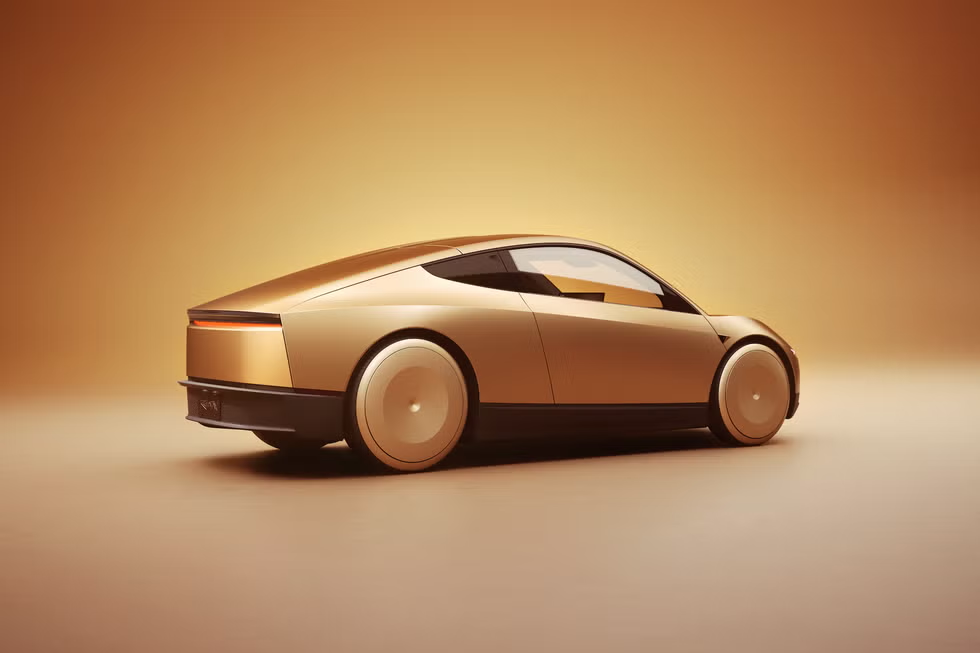1. Accelerating the Electric Vehicle Revolution
-
Mass Adoption of EVs: Tesla’s success has forced traditional automakers to shift toward electric vehicles, speeding up the global transition away from fossil fuels.
-
Battery Innovation: Tesla’s advancements in battery technology (e.g., 4680 cells) have improved range, efficiency, and affordability, making EVs more accessible.
-
Gigafactories: Tesla’s global Gigafactories (e.g., Berlin, Texas, Shanghai) scale production, reducing costs through economies of scale.
2. Renewable Energy & Energy Storage
-
Solar + Powerwall: Tesla’s solar panels and Powerwall batteries enable homes and businesses to store renewable energy, reducing reliance on the grid.
-
Megapacks: Large-scale battery storage solutions (like Megapacks) help stabilize energy grids and support renewable energy adoption.
-
Sustainable Energy Ecosystem: Tesla envisions a future where solar, batteries, and EVs create a self-sustaining energy loop.
3. Autonomous Driving & AI
-
Full Self-Driving (FSD): Tesla’s AI-powered FSD system is pushing the boundaries of autonomous driving, using real-world data from millions of Tesla cars.
-
Neural Networks & Dojo Supercomputer: Tesla’s custom AI training supercomputer (Dojo) accelerates machine learning for autonomous vehicles and robotics.
-
Robotaxis: Tesla plans to launch a self-driving taxi network, which could revolutionize transportation and reduce car ownership.
4. Disrupting Transportation & Infrastructure
-
Cybertruck & Semi: Tesla’s Cybertruck and electric Semi truck are redefining commercial and personal transport with durability and long-range capabilities.
-
Supercharger Network: Tesla’s vast fast-charging network makes long-distance EV travel feasible and pressures other automakers to adopt its NACS standard.
5. Robotics & AI Beyond Cars
-
Optimus (Tesla Bot): Tesla’s humanoid robot aims to automate repetitive tasks, potentially transforming manufacturing, logistics, and household work.
-
AI & Real-World Applications: Tesla’s AI expertise extends beyond cars, influencing robotics, automation, and general-purpose AI systems.
6. Economic & Cultural Impact
-
Market Influence: Tesla’s success has made EVs desirable (not just eco-friendly), reshaping consumer perceptions.
-
Competitive Pressure: Legacy automakers are now racing to catch up, accelerating industry-wide innovation.
-
Elon Musk’s Vision: Tesla’s mission aligns with a sustainable energy future, inspiring other companies to prioritize green tech.
Challenges Ahead
-
Regulatory Hurdles: Autonomous driving faces legal and safety challenges.
-
Competition: Rivals (BYD, Rivian, legacy automakers) are catching up in EV tech.
-
Scaling Production: Meeting global demand while maintaining quality is a constant challenge.
Conclusion
Tesla is more than just a car company—it’s a catalyst for a sustainable, AI-driven future. By pushing the limits of EVs, energy storage, autonomy, and robotics, Tesla is helping shape a world less dependent on fossil fuels and more reliant on intelligent, connected systems. Whether it succeeds in all its ambitions remains to be seen, but its impact is already undeniable.
——————————————————————————————————————
This website is funded and maintained by Tesla enthusiasts if you would like to help us with a donation please choose the amount here ..


Leave a Reply